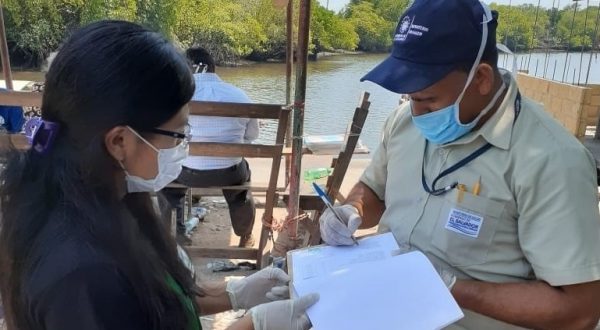
The Global Health Diagnostics Division at the Gates Foundation sought to better understand the landscape of scientific literature on diagnostics research, particularly focused on low- and middle-income countries (LMICs) and coverage across the diagnostics value chain. The START team was tasked with analyzing the representation of diagnostics research across seven priority infectious disease areas—HIV, malaria, anemia, human papillomavirus (HPV), tuberculosis (TB), Neglected Tropical Diseases, and non-HIV sexually transmitted infections (STIs)—to identify gaps and areas of momentum.
The literature review revealed disparities in research emphasis, with HIV and TB diagnostics receiving the highest attention, while malaria, anemia, and neglected tropical diseases (NTDs) remained underrepresented. Additionally, the study highlighted a skewed focus on downstream implementation and policy/access, with limited research on upstream stages such as product development and manufacturing. Research on point-of-care diagnostics was concentrated in high-income countries, with only 1% of studies addressing both point-of-care testing and LMIC needs.
Findings were synthesized into a structured framework mapping the diagnostics value chain, disease-specific areas of momentum, and cross-cutting research priorities. A gap analysis was conducted to inform recommendations for strategic investment in underrepresented areas, particularly for LMICs. The final report outlined four key recommendations to improve diagnostics research equity and innovation, aiming to enhance access to effective and context-appropriate diagnostic solutions in LMIC settings.
NOTE: There were limitations in the literature as the team only searched for literature in PubMed, leading to some generalized assumptions in the slide deck.







